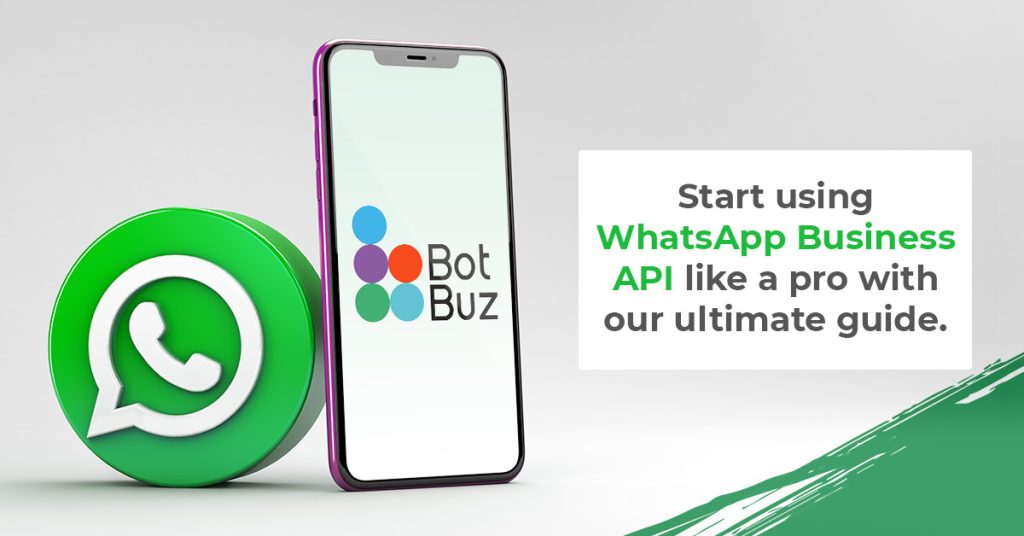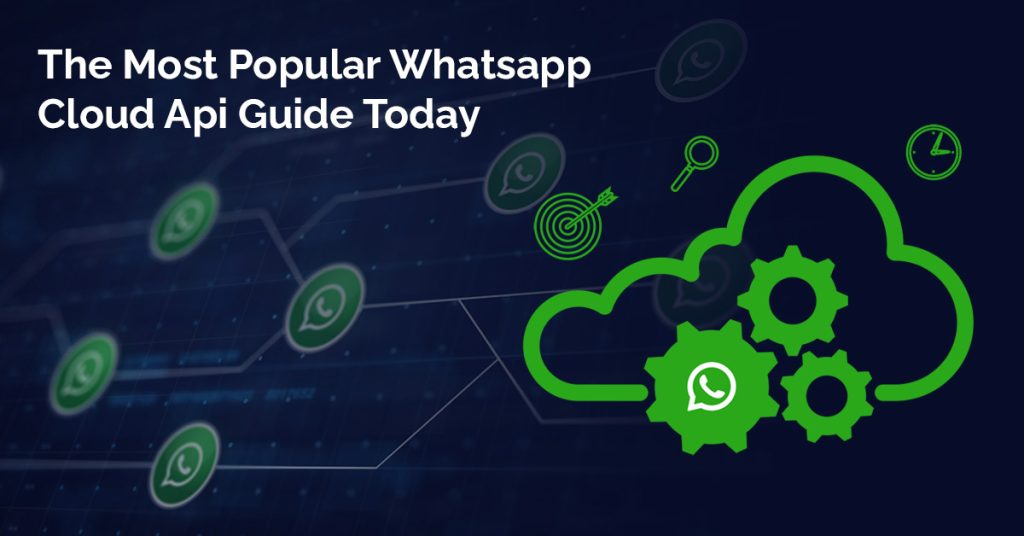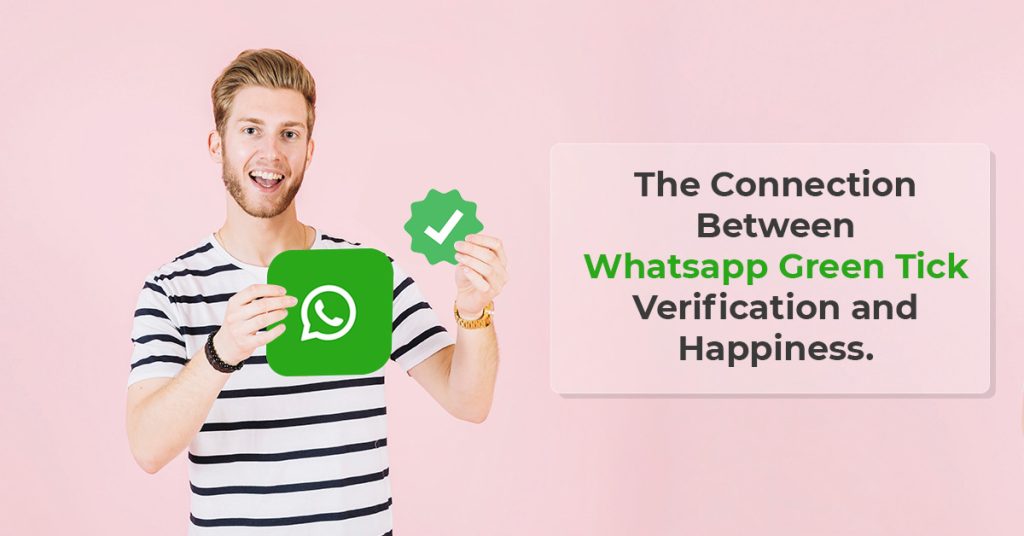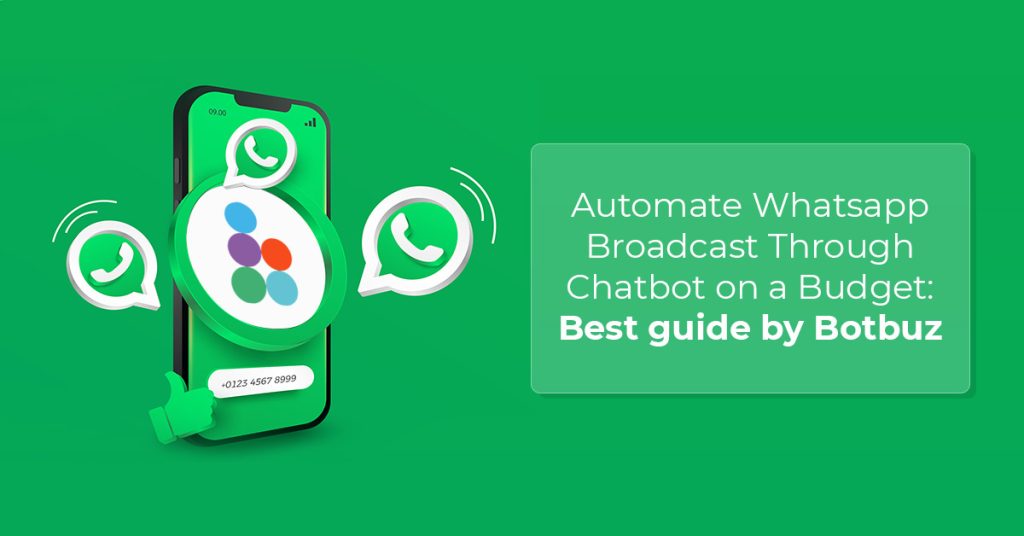- Importance of Timely Communication in WhatsApp Marketing :
- Why Should Businesses Schedule WhatsApp Messages?
- Different Ways to Schedule WhatsApp Messages :
- How to Schedule WhatsApp Messages with the WhatsApp Business App :
- How to Schedule WhatsApp Messages on WhatsApp Web :
- Best Way to Schedule WhatsApp Messages: Using WhatsApp Business API
- How to Schedule WhatsApp Messages from Google Sheets :
- Using Automation Platforms like Botbuz :
Importance of Timely Communication in WhatsApp Marketing :
Timely communication is crucial for successful WhatsApp marketing. Sending messages at the right moment boosts customer engagement, satisfaction, and sales. For instance, sending a special offer right before a holiday or a payment reminder before the due date. It is far more effective than sending it at a random time. This strategic timing is what makes marketing on this platform so impactful.
Scheduling WhatsApp messages is key for achieving automation and maintaining consistency. This feature allows businesses to plan their communication strategy in advance. It ensures messages are sent at the most effective times without requiring manual effort. This frees up time and resources.
It also helps the business present a professional and dependable image. Automate tasks like sending welcome messages or appointment reminders. It allows a business to focus on more complex, strategic work.
WhatsApp does not have a built-in scheduling feature. Its various tools and methods are available to enable it. These options range from third-party applications for individual users to more advanced solutions. It is for businesses that use the WhatsApp Business API. These tools give a business the ability to control its communication. Thus, ensuring that messages are always delivered at the right time to the right person.
Why Should Businesses Schedule WhatsApp Messages?
A business should schedule its WhatsApp messages for several reasons. The first being to ensure timely customer engagement. By pre-planning when messages like promotions or reminders are sent, a company can guarantee that they reach customers at the most impactful moment. This precise timing is crucial for maximizing the effectiveness of a marketing campaign. It is helpful in capturing customer attention.
Scheduling messages also greatly improves a business’s operational efficiency. Instead of having an employee manually send out messages throughout the day, an automated system handles the task. This allows staff to concentrate on other important business activities like strategic planning or customer support. Thereby streamlining the workflow and making the entire operation more efficient.
The practice of scheduling messages also enhances customer satisfaction and retention. Regular and prompt communication, such as sending timely order confirmations or shipping updates. It demonstrates reliability and professionalism. This proactive approach shows customers that their time is valued. It also helps to build loyalty, encouraging them to return for future business.
Scheduling messages helps to reduce manual effort and the likelihood of errors. An automated system eliminates the risk of human mistakes. It includes sending a message to the wrong person or at the wrong time. This ensures that every message is accurate and sent exactly as planned. Thus, saving a lot of time and maintaining a high level of communication quality.
Different Ways to Schedule WhatsApp Messages :
When a business decides to schedule WhatsApp messages, it has several options depending on its size and needs. For small businesses or individuals, the WhatsApp Business App and WhatsApp Web are good starting points. The Business App has features like “Away Messages” and “Greeting Messages” . It can be set to send automatically. For more direct scheduling, various third-party apps for Android or browser extensions for WhatsApp Web can be used. These methods are simple and best suited for businesses with a low volume of messages.
For larger businesses, the most robust option is the WhatsApp Business API. This is not a simple app, but a programmatic interface. It allows a business to integrate WhatsApp directly into its existing systems, like a CRM. The API enables advanced features like sending bulk messages. Thus, creating personalized message templates, and tracking performance. WhatsApp Business API is the ideal choice for companies with a high volume of customer interactions. It requires extensive automation.
A great middle-ground option for many businesses is using Google Sheets integrations. By connecting a Google Sheet to their WhatsApp Business API account through a platform like Zapier, a company can turn a spreadsheet into a message scheduler. A business can list contacts and message content in the sheet. The integration will automatically send the messages at the specified times. This method offers more automation than the basic apps without the full technical complexity of a direct API integration.
How to Schedule WhatsApp Messages with the WhatsApp Business App :
The WhatsApp Business app doesn’t have a direct “schedule a message” button. A business can use its built-in automation features to achieve a similar effect. Specifically, the app allows a user to set up “Greeting Messages” and “Away Messages.” Greeting messages are automatically sent to new customers or those who haven’t been in touch for a while. Thus, providing an instant welcome. Away messages are a great tool for managing communication outside of business hours. A business can write a custom message and set a specific schedule for it to be sent.
The main limitation is that this is not true scheduling. A business cannot pre-write a specific message for a specific contact and set a time for it to be sent. These automated messages are triggered by certain events. It can be a new message received or a message sent during non-business hours. This approach is best for small businesses with a low volume of customer inquiries. It helps them maintain a professional appearance and ensures timely communication. It is even when they are not actively managing the app.
How to Schedule WhatsApp Messages on WhatsApp Web :
On WhatsApp Web, there’s no built-in message scheduling feature. A business can use a simple manual workaround by drafting a message and setting a reminder to send it later. This is not efficient for a large number of messages. More advanced options like using browser extensions that add scheduling functionality to WhatsApp Web.
However, a user should be careful with these. They are not officially supported by WhatsApp. It may violate its terms of service, potentially leading to security risks or an account ban. A business may have a high volume of messages or needs. They need more advanced features like bulk messaging and analytics. It is a clear sign to move away from these methods. At that point, the business should consider a more robust and official solution. It is the WhatsApp Business API, which is built for scalable & automated communication.
Best Way to Schedule WhatsApp Messages: Using WhatsApp Business API
The WhatsApp Business API is the best way for a business. It helps to schedule messages professionally and at scale. To use it, a business must work with an official provider like Botbuz. The process starts by setting up a WhatsApp Business API account through the provider. Next, the business needs to create and get approval for message templates for common communications like order updates. Once approved, messages can be scheduled. It can be either through the provider’s dashboard or by integrating the API with a CRM.
This allows for powerful automation, sending personalized messages at a specific date & time. This method offers several key benefits. It provides true automation and scalability for a high volume of messages. Thus, ensuring compliance with WhatsApp’s policies. It also enables high levels of personalization. Thus, making it the most reliable solution for businesses.
How to Schedule WhatsApp Messages from Google Sheets :
Using Google Sheets to schedule WhatsApp messages is a powerful method. It is helpful for bulk messaging and campaigns with personalized data. This is achieved by linking a Google Sheet to the WhatsApp Business API using a webhook tool like Zapier. The process involves setting up a Google Sheet with columns. It is for recipient numbers & message details. Then, a business creates a workflow in a webhook tool where a new row in the Google Sheet acts as a trigger.
The tool is configured to send a WhatsApp message template. It uses the data from the sheet to fill in personalized details. A scheduling step is added to the workflow to send the message at the specified time. This approach is ideal for campaigns that need to send many messages at once, such as holiday promotions. It is also for sending personalized notifications based on data from a spreadsheet.
Using Automation Platforms like Botbuz :
Automation platforms such as Botbuz offer an advanced and simple way for businesses. It helps to schedule and manage WhatsApp messages. They provide an easy interface for setting up scheduled communications. It often supports multi-channel planning. Thus, allowing a business to manage its messaging across various platforms from one place.
A key advantage is the real-time analytics and customer tracking. It helps a business measure campaign effectiveness and personalize future messages. These platforms are also designed to be fully compliant with WhatsApp’s rules. Thus, ensuring secure and reliable communication. By using them, a business can send personalized messages to a large number of customers at scale. Thus, making it an efficient solution for effective marketing.
Conclusion :
A business can schedule WhatsApp messages to improve efficiency and customer satisfaction. The simple methods like using the WhatsApp Business app’s automated replies or browser extensions work for small businesses, they have limitations. For growth, a business should transition from these basic methods to a more automated solution. Starting with small scheduled campaigns is a good first step.
The best recommendation for a scalable & professional approach is to use a platform like Botbuz. It provides a WhatsApp Chatbot and API. This allows a business to easily schedule personalized and large-scale campaigns. It manages the communication on multiple channels, and ensures compliance. Thus, creating a more effective and professional presence on WhatsApp.




